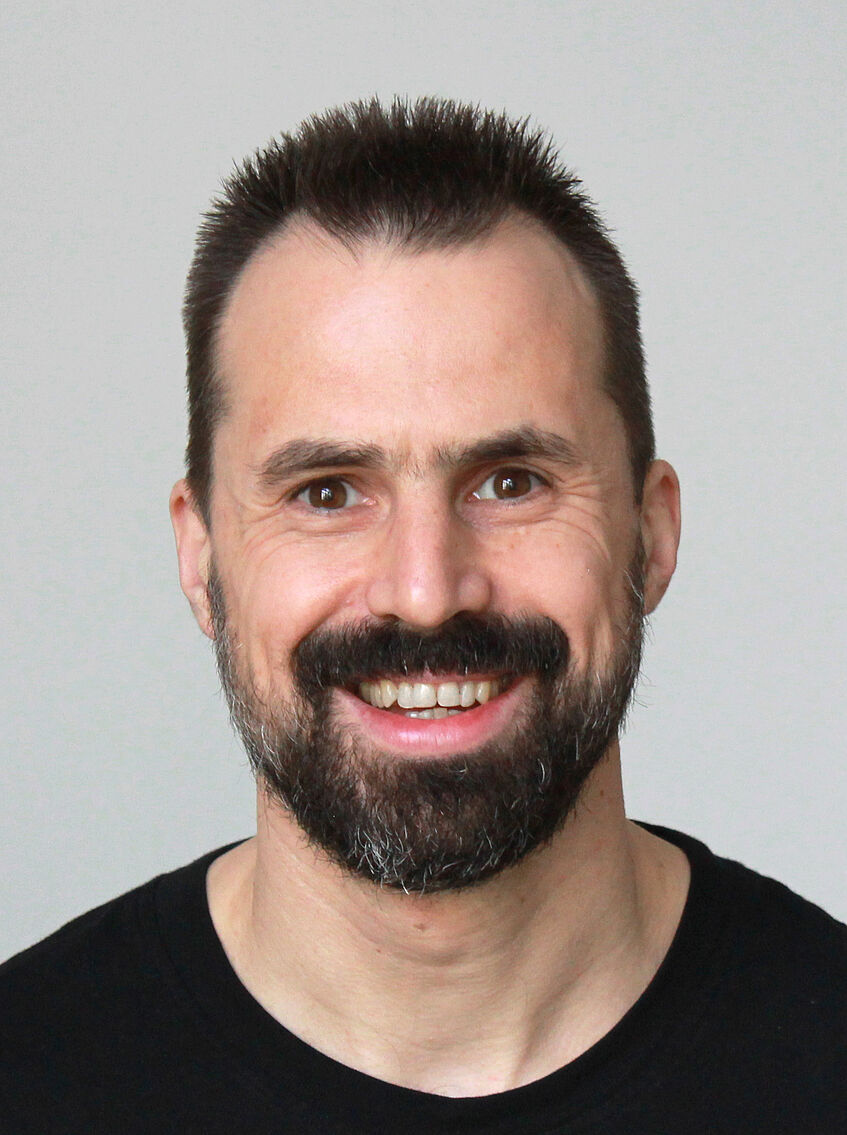Mass Spectrometry Centre (Faculty of Chemistry, University of Vienna)
GENERAL INFORMATION:
The Mass Spectrometry Centre (MSC) is a Core Facility at the Faculty of Chemistry of the University of Vienna. It is the faculty’s main point of contact for research problems that can be solved by mass spectrometry. The MSC is run by an experienced team with high expertise and offers analytical services and research support using a broad spectrum of modern mass spectrometers.
The MSC has a wide focus, both technically and thematically. We routinely analyze:
- volatile molecules,
- synthetic organic compounds and metal-organic complexes,
- natural products from microorganisms, plants, and animals,
- synthetic polymers, and
- diverse biomolecules & biopolymers.
Provided that the capacities can be made available, we are happy to support other departments of the University of Vienna, partners of the Vienna Life Science Instruments (VLSI), national and international academic institutions, as well as SMEs and industry in the way of scientific cooperations and contract analyses.
TERMS OF USE:
In the context of the Vienna Life Science Instruments (VLSI) initiative, the MSC offers services to external candidates ONLY after prior consultation of the head of the facility (see below).
Usage by VLSI members is generally available under the same conditions as for staff of the University of Vienna, but may be limited by the available instrument capacity. The costs incurred to the MSC for the measurements have to be reimbursed - the rates are the same for staff of the University of Vienna and other VLSI members. Members of the VLSI can access the services of the MSC in two different ways:
- Routine measurements are offered as service and are charged based on sample numbers and/or measurement time.
- Advanced experiments can be planned and performed in scientific cooperation resulting in joint publications. We are also happy to help in research grant applications, including calculation and justification of the costs incurred to the MSC for measurements required for the project.
SERVICES:
- Acquisition of low-resolution mass spectra to confirm/determine the molecular weight of pure or main compounds.
- Acquisition of high-resolution mass spectra to confirm/determine the accurate molecular weight and verify the sum formula of pure or main compounds.
- Acquisition of EI, CID or ETD fragment ion mass spectra.
- Analysis of complex samples by GC-MS, LC-MS, or nLC-MS experiments.
- Counseling with regards to the experimental plan, sample preparation, data analysis, and data interpretation.
INSTRUMENTATION AVAILABLE:
- High-resolution ESI-MS and LC/MS (maXis UHR-TOF, Q Exactive HF, LTQ Orbitrap Velos)
- High-resolution GC/MS (7200B GC/Q-TOF)
- Triple Quadrupole LC/MS (6490 System)
- Low-resolution ESIMS and LC/MS (amaZon speed ETD, HCT plus)
- Low-resolution GC/MS (5975C GC/MSD) MALDI-TOF-MS (Autoflex Speed)
ACKNOWLEDGEMENTS:
Whenever you use services of the MSC, you are obliged to acknowledge our contribution in your publications; e.g., “XY measurements were performed by the Mass Spectrometry Center (Faculty of Chemistry, University of Vienna), a member of the Vienna Life Science Instruments (VLSI) initiative.”
CONTACT:

Dr. Martin Zehl
Head of the Mass Spectrometry Center
Faculty of Chemistry
University of Vienna
Währinger Straße 38, A-1090 Vienna, Austria
martin.zehl@univie.ac.at
Tel.: +43-1-4277-70700
